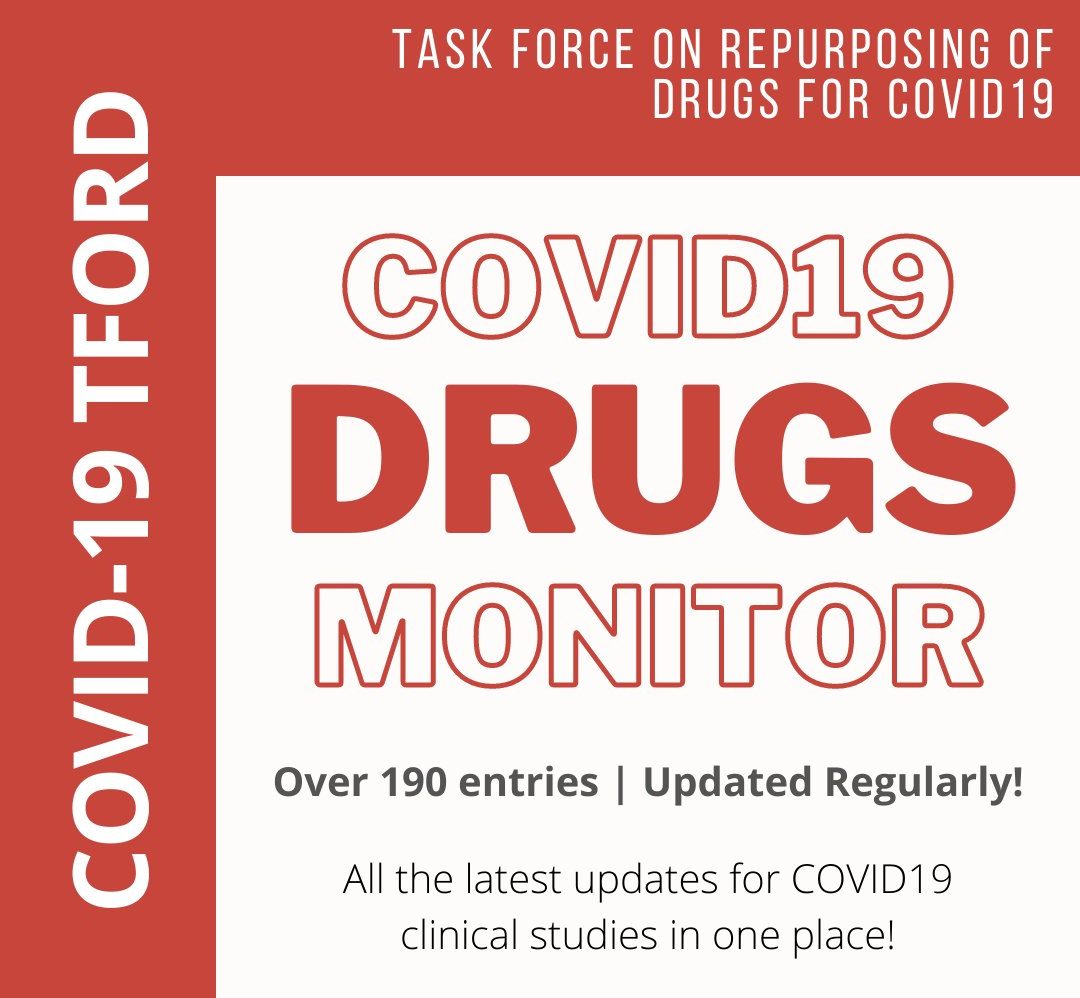(25 Nov 2020) ACE-I/ARB therapy – mortality is not associated with ACE-I/ARB therapy
Association of Angiotensin-Converting Enzyme Inhibitors and Angiotensin II Blockers With Severity of COVID-19: A Multicenter, Prospective Study
https://doi.org/10.1177/1074248420976279
This multi-center, prospective study ( NCT4357535) enrolled patients hospitalized for COVID-19 and receiving one or more antihypertensive agents to manage either hypertension or cardiovascular disease. Of 338 enrolled patients, 245 (72.4%) were using ACE-I/ARB on the day of hospital admission, and 197 continued ACE-I/ARB therapy during hospitalization. Ninety-eight (29%) patients had a severe COVID-19, which was not significantly associated with the use of ACE-I/ARB (OR 1.17, 95% CI 0.66-2.09; P = .57). Prehospitalization ACE-I/ARB therapy was not associated with ICU admission, mechanical ventilation, or in-hospital death. Continuing ACE-I/ARB therapy during hospitalization was associated with decreased mortality (OR 0.22, 95% CI 0.073-0.67; P = .008). ACE-I/ARB use was not associated with developing the composite outcome of mechanical ventilation and in-hospital death (HR 0.95, 95% CI 0.51-1.78; P = .87) versus not using ACE-I/ARB. Patients with hypertension or cardiovascular diseases receiving ACE-I/ARB therapy are not at increased risk for severe COVID-19 on admission to the hospital. ICU admission, mechanical ventilation, and mortality are not associated with ACE-I/ARB therapy. Maintaining ACE-I/ARB therapy during hospitalization for COVID-19 lowers the likelihood of death.
